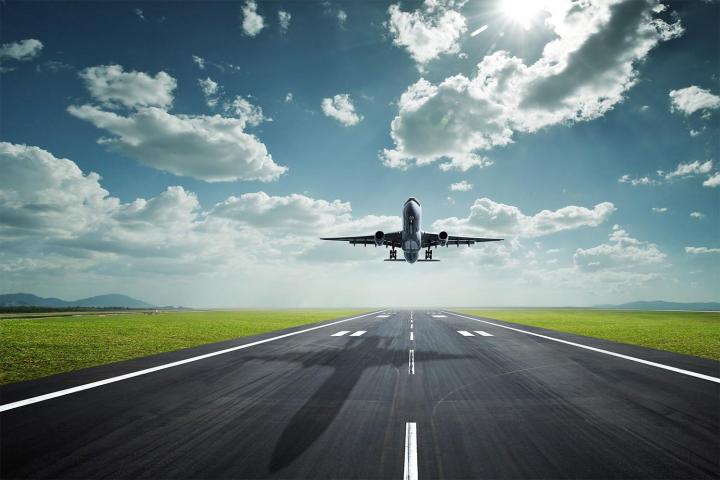
Detailed within a memo issued to all 80,000 Delta employees today, Delta CEO Richard Anderson definitely isn’t interested in allowing passengers to talk on their mobile phones during a flight. Anderson cites a 2012 study in which the company discovered that the majority of passengers believe that voice calls will be a significant disruption to all passengers. Delta also allowed the in-flight crews to weight in on the subject and the employees didn’t exactly sound thrilled to fight for a passenger’s attention during the in-flight service period.
While Delta isn’t interested in enabling cellular and Internet voice calls, the airline will be enabling silent data transmission tools like texting and emails during a flight, assuming that the FCC lifts the ban on cellular use in flight. Delta also supports the recent FCC ruling that allows the use of portable electronics when the plane is below 10,000 feet.

Earlier this week, JetBlue also announced that the airline would enforce a ban on in-flight VOIP calls when customers attempt to use that service over the Sky-Fi, in-cabin Wi-Fi system. Speaking about the ban, a JetBlue representative said “We’ve heard from many customers and the majority have shared that they do not want voice or video calls allowed onboard. We currently do not allow customers to use VOIP onboard. Our inflight team will enforce this as they would enforce any other on-board policy.”
Last week, Southwest CEO Gary Kelly also spoke about customer sentiment regarding in-flight calls. Kelly stated that 60 percent of Southwest customers “totally oppose” allowing passengers to chat away on their phones during a typical flight. Kelly indicated that he was personally against the practice as well. While Southwest did roll out a recent iMessage texting feature for passengers with Apple devices, it’s unlikely that cellular support will extend beyond silent messaging options on mobile devices.


